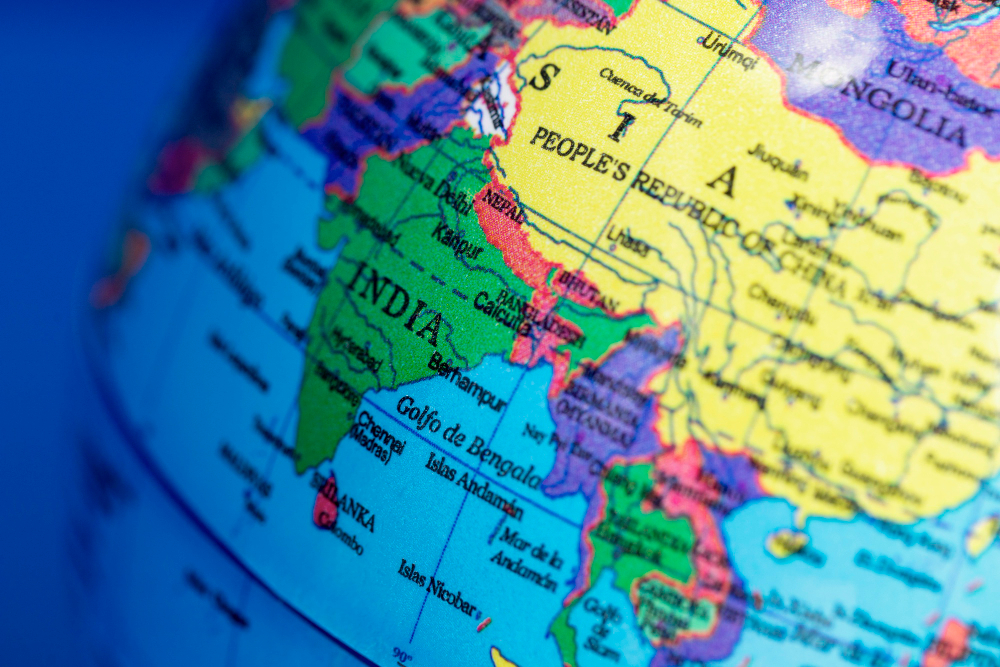A sizable decline in foreign direct investment (FDI) in China and a notable decrease in M&A sales across developing Asia contributed to an 8% fall in FDI to $621 billion across the region in 2023, according to data from the United Nations Conference on Trade and Development (UNCTAD).
Nowhere was the drop steeper than in South Asia, where a 37% fall to $36 billion was reported. While South and Central Asia registered significant declines, particularly in India and Kazakhstan, the decrease in flows to West Asia was moderate, according to the organization’s latest World Investment Report 2024. Southeast Asia held steady due to robust economic growth and extensive global value chain linkages, according to the report.
The fall in inflows to China—the world’s second-largest FDI recipient—breaks a decade-long growth trend in the country, where investment patterns have “delinked from the rest of the world,” according to the report. FDI inflows fell for most reporting economies—around two thirds of developed economies saw declines, as did around half of developing countries.
Falling M&A sales, which usually constitute 10%–15% of FDI in developing Asia, led to a drop of some $30 billion in 2023 to $57 billion—representing about half of the total drop in FDI inflows to the region.
At the same time, UNCTAD’s report shows that only developing Asia attracted “above-average” Sustainable Development Goals investment among all the world’s developing countries in 2023. These economies saw a 44% uptick in the overall value and a 22% rise in the overall number of greenfield investment announcements. Southeast Asia led the pack, with a 42% increase in announcements, driven by electronics and vehicle production.
Asia also continued to attract mega-projects. Six of the 10 largest projects worldwide are in developing Asia, including four in Southeast Asia. Indonesia led in greenfield projects by value. Notable projects included upstream investments by Chinese glass and solar manufacturer Xinyi Group totaling $11 billion; and a $9 billion battery supply chain for electric vehicles being developed by a consortium of European and Indonesian companies.
Meanwhile, the number of international project finance deals in developing Asia fell by 25%, with West Asia being the only exception—total deals there increased to 94 in 2023 from 50 in 2022, with values growing by 32% to $57 billion. Saudi Arabia, Turkey and the United Arab Emirates all saw growth in deal numbers.
The decline in FDI in the Asia region contributed to an overall dip of 7% in FDI across all developing countries of the world to $867 billion, according to UNCTAD’s report. Flows fell by 3% in Africa and by 1% in Latin America and the Caribbean.
Source: gfmag – Global Finance
Legal Notice: The information in this article is intended for information purposes only. It is not intended for professional information purposes specific to a person or an institution. Every institution has different requirements because of its own circumstances even though they bear a resemblance to each other. Consequently, it is your interest to consult on an expert before taking a decision based on information stated in this article and putting into practice. Neither Karen Audit nor related person or institutions are not responsible for any damages or losses that might occur in consequence of the use of the information in this article by private or formal, real or legal person and institutions.






